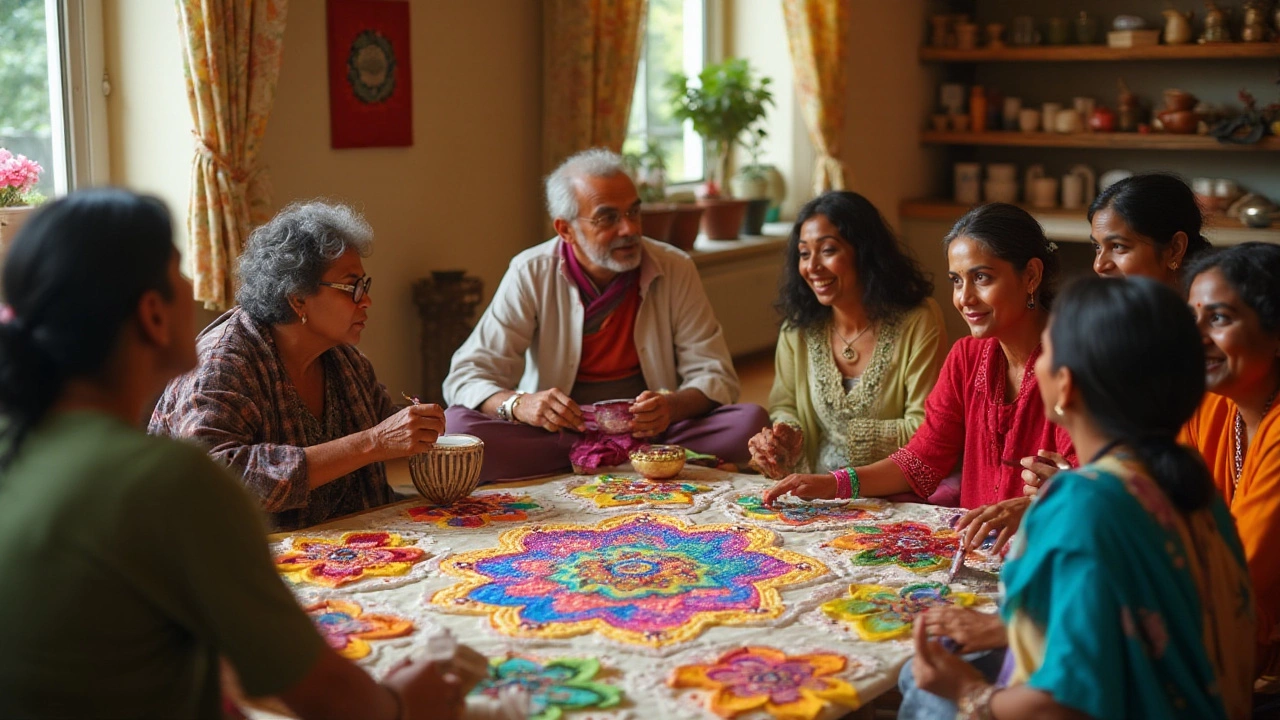Networking for Charitable Work: Simple Steps to Build Strong Connections
Ever feel like your charity is a great idea but no one knows about it? That’s where networking comes in. It’s not about handing out business cards nonstop; it’s about creating real, useful relationships that help your cause grow.
When you connect with the right folks, you get volunteers, donors, partners, and fresh ideas. Think of networking as planting seeds – each conversation can turn into a future supporter or collaborator.
Why Networking Matters in the Charity World
First, networking widens your reach. A single intro to a local school can open doors to after‑school program volunteers. A chat with a small business owner might land a sponsorship for a community event. Every link adds a new avenue for resources.
Second, it builds credibility. When you’re recommended by a trusted peer, donors feel safer giving money. Trust spreads faster than any advertisement.
Finally, networking keeps you learning. Other nonprofits share what’s working and what’s not, saving you time and money. You’ll hear about new grant opportunities, tech tools, and even legal tips.
Practical Ways to Network Right Now
1. Attend local events. Look for community fairs, town hall meetings, or charity runs. Grab a coffee, introduce yourself, and ask what they’re working on. Bring a one‑page flyer that clearly states your mission and a contact number.
2. Join online groups. Facebook groups, WhatsApp chats, and LinkedIn communities for NGOs are gold mines. Share a quick update about a recent success and ask for advice on a challenge you face. People love to help when they see you’re active.
3. Volunteer your time. Offer a skill—like social media, accounting, or event planning—to another organization. This shows you’re reliable and opens a two‑way street for future support.
4. Host a small meet‑up. Invite local leaders, teachers, and business owners for a 30‑minute coffee gathering. Keep it informal: introduce your cause, ask participants to share their projects, and note any collaboration ideas.
5. Use your existing network. Reach out to friends, family, and past donors. Ask them if they know anyone who might be interested in your work. A simple “Can you introduce me to X?” often works better than a cold email.
Remember to follow up. Send a thank‑you note within 24 hours and mention one specific thing you appreciated from the conversation. That tiny gesture makes people remember you positively.
Lastly, track your contacts. A spreadsheet with names, how you met, and follow‑up dates prevents you from losing momentum. Set a reminder to check in every few weeks.
Networking isn’t a one‑time event; it’s a habit. By spending a few minutes each day reaching out, you’ll see a steady stream of support for your charity. Start small, be genuine, and watch your community connections grow.
Get Better Outreach: Real Tips That Actually Work
Want to boost your community outreach game? This article lays out practical steps anyone can use to connect with people and actually get responses. From crafting messages that don’t get ignored to finding the right folks to talk to, you’ll pick up solid hacks that make a real difference. The tips focus on simple, real-world actions—nobody needs a marketing degree for these. Whether you’re building a nonprofit or just want to organize better events, you’ll find something here that sticks.
Read MoreWhy Do People Love Social Clubs?
Social clubs offer unique opportunities for people to connect, unwind, and engage in shared interests. Whether for networking, meeting new friends, or exploring hobbies, these clubs create a sense of belonging. Members often enjoy activities and experiences that aren't easily found elsewhere. By joining a club, individuals can also develop new skills and broaden their social circles.
Read MoreExploring the Benefits of Joining Social Clubs
This article delves into the compelling reasons to join social clubs, highlighting their benefits in fostering community, enhancing personal growth, expanding networks, and satisfying various interests. Social clubs offer unique opportunities to build meaningful relationships, explore new hobbies, and create an engaging social life. Whether you're looking to meet new friends, develop a skill, or find a supportive community, these clubs could be the key to enriching your social experience.
Read More

